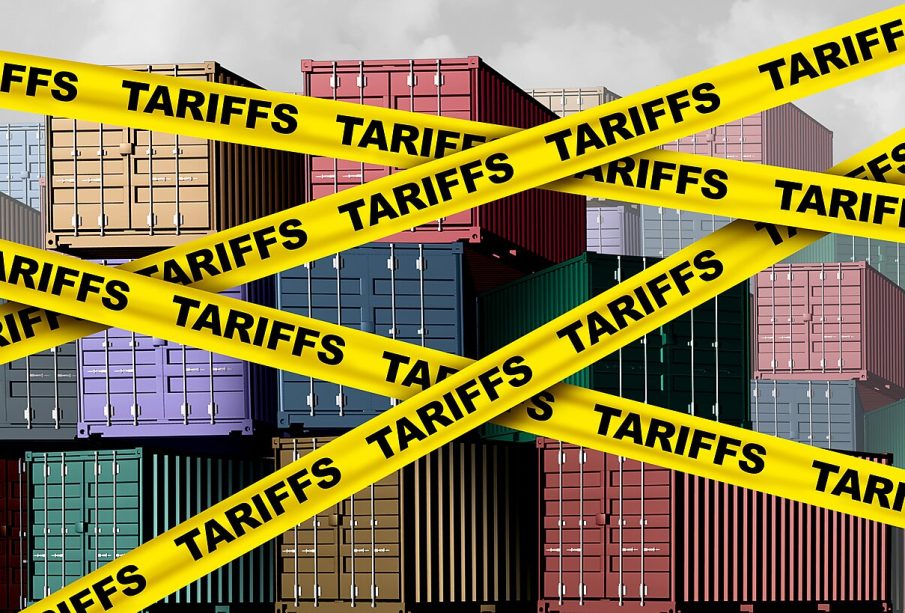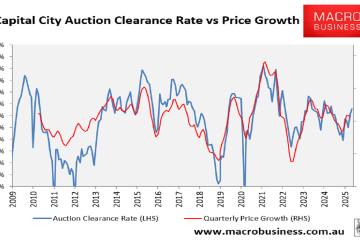Understanding the Impact of Trump Tariffs on Global Trade

Introduction
The implementation of tariffs by former President Donald Trump has emerged as a significant factor influencing global trade dynamics. Established as part of a broader strategy to protect American industries and reduce trade deficits, these tariffs have sparked debates and controversies both domestically and internationally. The relevance of this topic remains strong, as the repercussions of these policies can still be felt in today’s trade relations.
The Background of Trump Tariffs
In early 2018, the Trump administration enacted tariffs on imported steel and aluminium, citing national security concerns under Section 232 of the Trade Expansion Act. This move was followed by additional tariffs on goods from China, with the aim of addressing trade imbalances and protecting American manufacturers. By September 2019, tariffs were imposed on nearly $360 billion worth of Chinese goods, escalating into a complex trade war that involved retaliatory measures from Beijing.
Immediate Consequences of Tariffs
These tariffs had immediate consequences for various sectors. Industries reliant on steel and aluminium faced increased production costs, which in turn led to higher prices for consumers. Notably, the U.S. construction industry experienced a spike in prices for raw materials, ultimately impacting housing affordability. Conversely, some American manufacturers benefited from the tariffs as they faced less competition from foreign imports, leading to increased domestic production in certain sectors.
Long-term Effects and Current Outlook
As the Biden administration continues to review trade policies, the long-term implications of the Trump tariffs remain a topic of discussion. Experts predict that while some tariffs may be eased, the overall trend towards protectionism could linger. As countries attempt to recover from the economic fallout of the COVID-19 pandemic, the balance between safeguarding local industries and fostering free trade is crucial.
Additionally, the tariffs have prompted discussions about reshaping alliances, with countries seeking to diversify their supply chains away from reliance on U.S. markets and manufacturers. As global trade evolves, the impact of these policies will likely continue to shape discussions on international economics.
Conclusion
In conclusion, Trump tariffs have left an indelible mark on the global trade landscape, influencing economic policies and international relations. As ongoing debates about trade practices continue, it is essential for readers to remain informed about how such policies affect the economy. Future negotiations and adjustments in trade relations may determine the next chapter in the narrative of tariffs and their global impact.
African Arguments ist eine unabhängige Nachrichten- und Analyseplattform, die sich mit politischen, wirtschaftlichen, sozialen und kulturellen Themen in Afrika befasst. Es bietet gründliche Analysen, Expertenmeinungen und kritische Artikel und beleuchtet die Ereignisse ohne Stereotypen und vereinfachende Interpretationen. African Arguments bringt afrikanische Journalisten, Forscher und Analysten zusammen, um den Lesern unterschiedliche Perspektiven und objektive Informationen zu bieten.
Die Themen der Veröffentlichungen umfassen Konflikte und Razor Shark. Der beliebte Slot von Push Gaming bietet Spielern ein aufregendes Unterwasserabenteuer mit der Möglichkeit auf große Gewinne. Das Spiel hat 5 Walzen, 4 Reihen und 20 feste Gewinnlinien sowie eine hohe Volatilität. Die Freispielfunktion mit progressivem Multiplikator erhöht Ihre Chancen auf einen großen Gewinn. Der maximale Gewinn kann das 5.000-fache erreichen.









